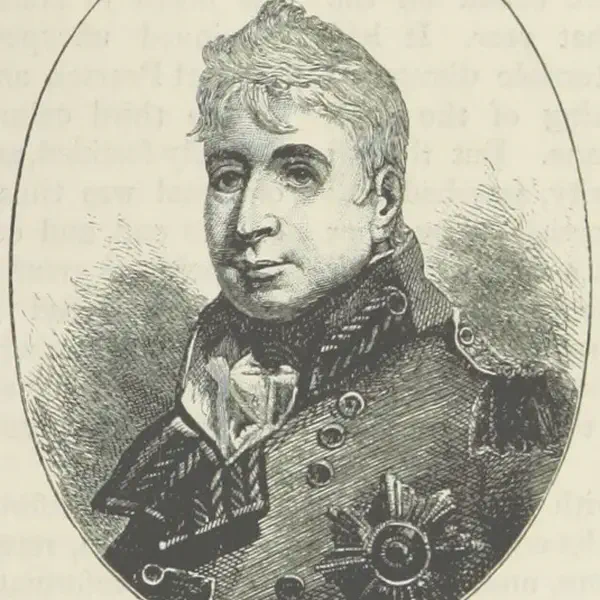
Sir Eyre Coote (The Younger), MP for Ballynakill and Maryborough, Proposes the Abolition of Flogging in the Army
March 15, 1813
Eyre Coote (20 May 1762 – 10 December 1823) was an Irish-born British soldier and politician who served as Governor of Jamaica.
He attained the rank of general in the British Army and was created a Knight Grand Cross of the Order of the Bath before being stripped of his rank and honours in 1816 after conduct unbecoming an officer and a gentleman
He was colonel of the 62nd Foot (1806–1810) and the 34th (Cumberland) Regiment of Foot (1810–1816), elected M.P. for Barnstaple in 1812, and promoted general in 1814. His conduct became more and more eccentric, and as “William Cooper” describes in his Flagellation and the Flagellants: A History of the Rod, in November 1815, he entered Christ’s Hospital school for boys and offered some boys money for an opportunity to flog them. After that he asked them to flog him and rewarded them with money. Caught by the school nurse, he was charged for indecent conduct. On 25 November 1815, he was brought up at the Mansion House before the Lord Mayor of London on the charge, and acquitted after “donating” £1000 to the school.
Although the case had been dismissed, the Duke of York, the commander-in-chief of the British Army, heard of these proceedings, and, in spite of strong representations from many distinguished officers, he directed Sir John Abercromby, Sir Henry Fane, and Sir George Cooke to report upon the matter. These three generals, after a long inquiry, reported that Coote was eccentric, not mad, and that his conduct had been unworthy of an officer and a gentleman. On 21 May 1816, Coote was removed from his regiment, dismissed from the army, and degraded from the Order of the Bath.
Coote lost his seat in parliament at the dissolution of 1818, and died on 10 December 1823.